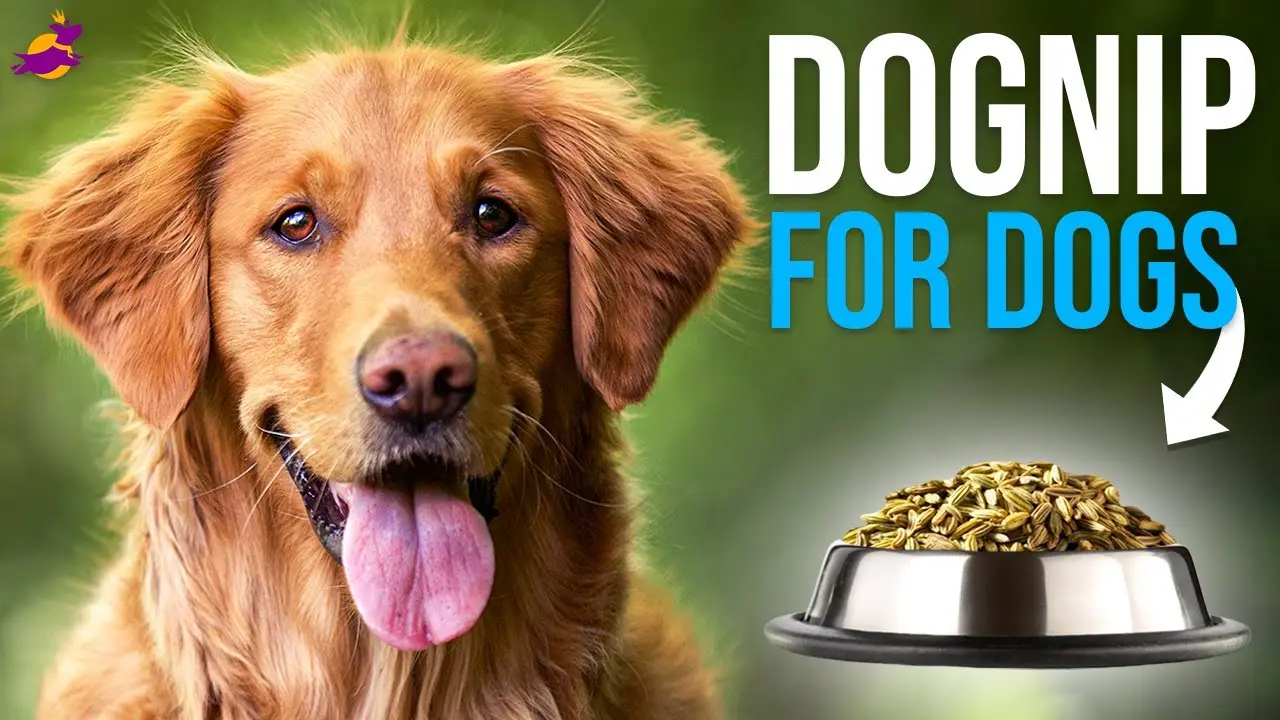But did you know there is a similar herb known as dognip? This article will delve into dognip, its effects on dogs, its safety, how to use it responsibly, and potential risks.
Introduction
Dognip, scientifically known as Nepeta cataria, is a herb from the mint family that shares some similarities with its feline counterpart, catnip. While catnip is renowned for its stimulating effects on cats, dognip offers a unique experience for dogs. Understanding the impact of dognip and its safety is crucial for dog owners who wish to provide enriching experiences for their furry friends.
What is Dognip?
Dognip is a perennial herb that grows in various regions and is known for its distinct aroma. It contains a compound called nepetalactone, which interacts with the sensory receptors in dogs’ brains, leading to various reactions. Unlike catnip, which can excite cats, dognip often induces a calming or soothing effect on dogs.
The Effects of Dognip on Dogs
When exposed to dognip, dogs may exhibit different responses. Some dogs may become more relaxed and sedated, while others might display increased playfulness and euphoria. The reactions to dognip can vary depending on the individual dog’s sensitivity and the amount of exposure.
Is Dognip Safe for Dogs?
Generally, dognip is considered safe for dogs to consume or interact with. The calming effects it provides can be beneficial in situations such as anxiety, stress, or hyperactivity. However, it is essential to note that some dogs may not respond to dognip or may have different reactions. Observing your dog’s behavior and consulting with a veterinarian if you have any concerns is always recommended.
How to Use Dognip with Youconsulting
If you want to introduce dognip to your furry companion, there are various ways. Dognip is available in different forms, including dried leaves, sprays, or infused toys. You can offer it as a treat, sprinkle it on your dog’s bedding, or use it during training sessions. It’s crucial to start with small amounts and monitor your dog’s response to ensure they are comfortable and not overly affected.
Potential Risks and Precautions
While dognip is generally safe, there are a few precautions to remember. Some dogs may be allergic to dognip, so it’s essential to observe any signs of allergic reactions such as itching, sneezing, or gastrointestinal issues. Additionally, avoiding excessive or prolonged exposure to dognip is advisable to prevent dependency or potential adverse effects.
Conclusion
Dognip can offer an intriguing and potentially beneficial experience for dogs, providing a calming and pleasing effect. However, every dog is unique, and their response to dognip may vary. As responsible pet owners, you must monitor your dog’s behavior, start with small amounts, and consult a veterinarian if you have any concerns.

